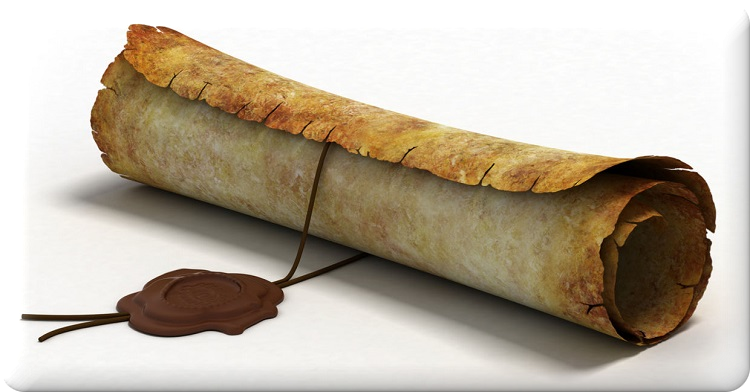Food Diplomacy


Food security has for obvious reasons long been a political concern.
Food Security In North Africa: The structural factors driving "Wheat Insecurity".
The Mediterranean region is no exception: the pharaohs already organised an extensive system in Egypt for storing harvests in order to prevent
famine in periods of low river flow.
The concept of security of supplies has constantly evolved. Food security was for many years assimilated to self-sufficiency for each country
but was then defined as follows by the FAO in 1976:
“When all people, at all times, have physical, social and economic access to sufficient, safe and nutritious food which meets their dietary needs and food preferences for an active and healthy life.”
It was thought that the risk of food insecurity would decrease at the beginning of this century as the result of trade, at least in some areas and zones of the world.
But the “hunger riots” which broke out in 2007 and 2008 were an unfortunate reminder of how fragile food supplies still are in certain countries.
On December 17, 2010, a young Tunisian (Mohamed Bouazizi ) who sold vegetables from a barrow set himself a fire to protest against police harassment.
Mohamed Bouazizi died on January 4, 2011, but not before his gesture went viral, sparking protests against the cost of living and the country’s authoritarian President Zine El Abidine Ben Ali.
Ben Ali’s 23-year-rule ended 10 days later when he fled to Saudi Arabia, becoming the first leader of an Arab nation to be pushed out by popular protests.
The protests inspired a wave of revolts across the Arab world as people rose up to protest against authoritarianism, corruption, and poverty.
Critical dependence on cereal imports.
Russia and Ukraine account for 30% of global wheat exports. Today’s conflict is inevitably taking its toll on wheat prices worldwide. Only a few hours after Russian troops entered Ukraine, the price of wheat peaked at a record high of 344 euros a ton on Euronext. This is adding to previous inflationary pressures with global food prices reaching a 10-year record high last year, when price of cereals was 27% higher than in 2020.
Despite the efforts to modernise farming (water resource development policy, land improvement), output cannot keep pace with the needs of a rapidly growing population, so that the deficits in the South and East are growing.
The scarcity of natural resources (land and water) is aggravating this situation, particularly in Algeria, Egypt, Morocco, Tunisia, Lebanon and Jordan.
The North African countries (from Morocco to Egypt) are very dependent on cereal imports. In 2007-2008, they absorbed almost 19% of world wheat imports.
This dependence is steadily growing.
North Africa, already the largest wheat-importing region, could see grain imports rise sharply this season as drought threatens cereal crops in several countries.
An increased reliance on imports could potentially strain national budgets and further fuel food price inflation.
Severe drought levels in Algeria, while “extreme” drought readings are widespread in Morocco and Tunisia.
Should dry conditions continue for the remainder of the growing season through May, grain shipments to the region could begin to ramp up.
Based on crop planting/harvesting dates, wheat and barley and other cereal crops are most at risk.
Food inflation is a key driver of socio-economic fragility in North Africa where countries are highly dependent on imports from global markets.
North African countries, which also include Egypt and Libya, are collectively the largest importers of wheat worldwide, with shipments coming mainly from Russia, the EU, Ukraine, and the United States.
An increase in North Africa’s import demand would come at a time when global wheat supplies are at their lowest levels in many years, and wheat prices have risen 25% over the past year.
In addition, several countries, including top exporter Russia, have enacted protectionist measures capping wheat exports to counter domestic inflation.
Read more ...
Good Food Institute